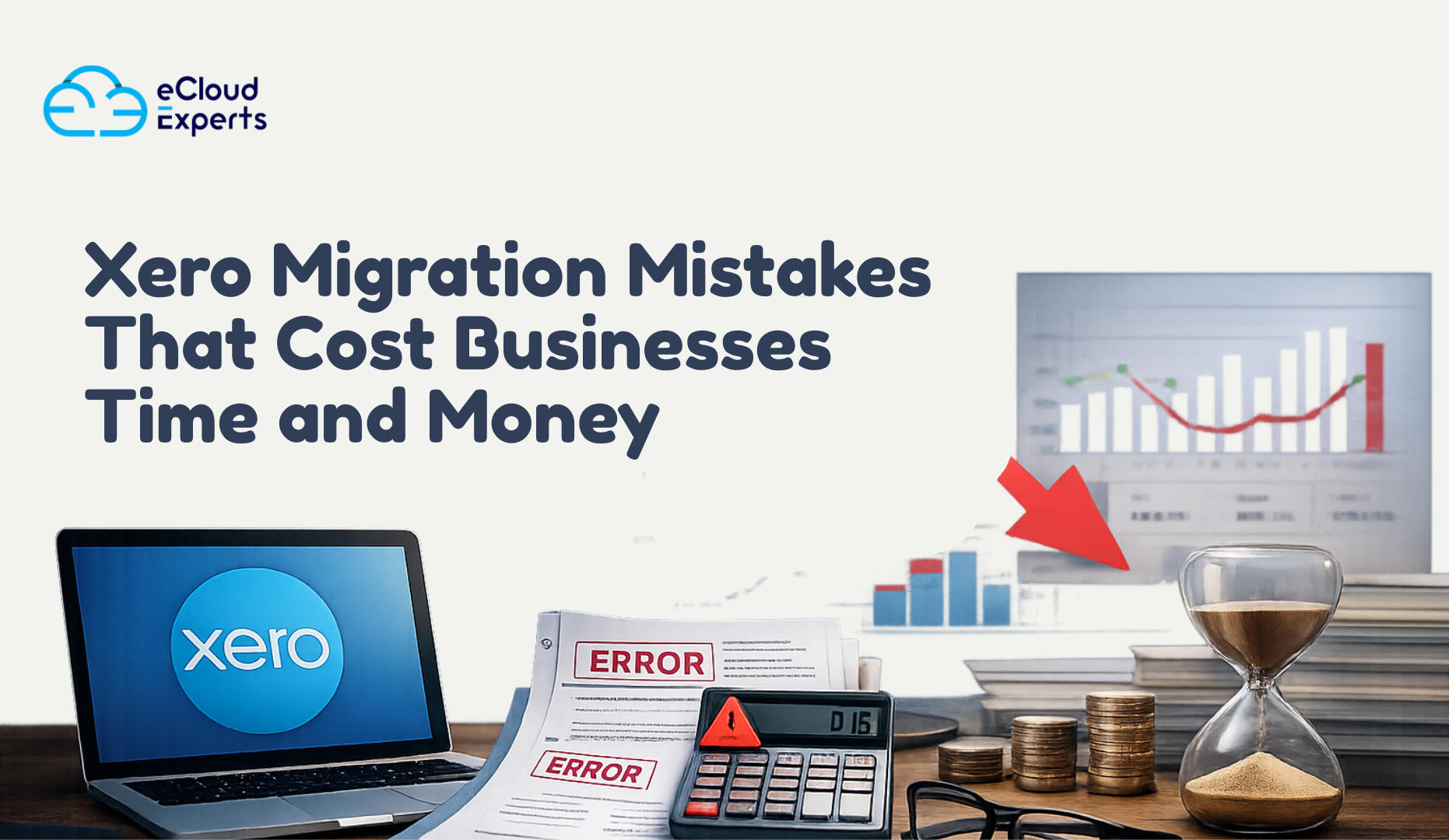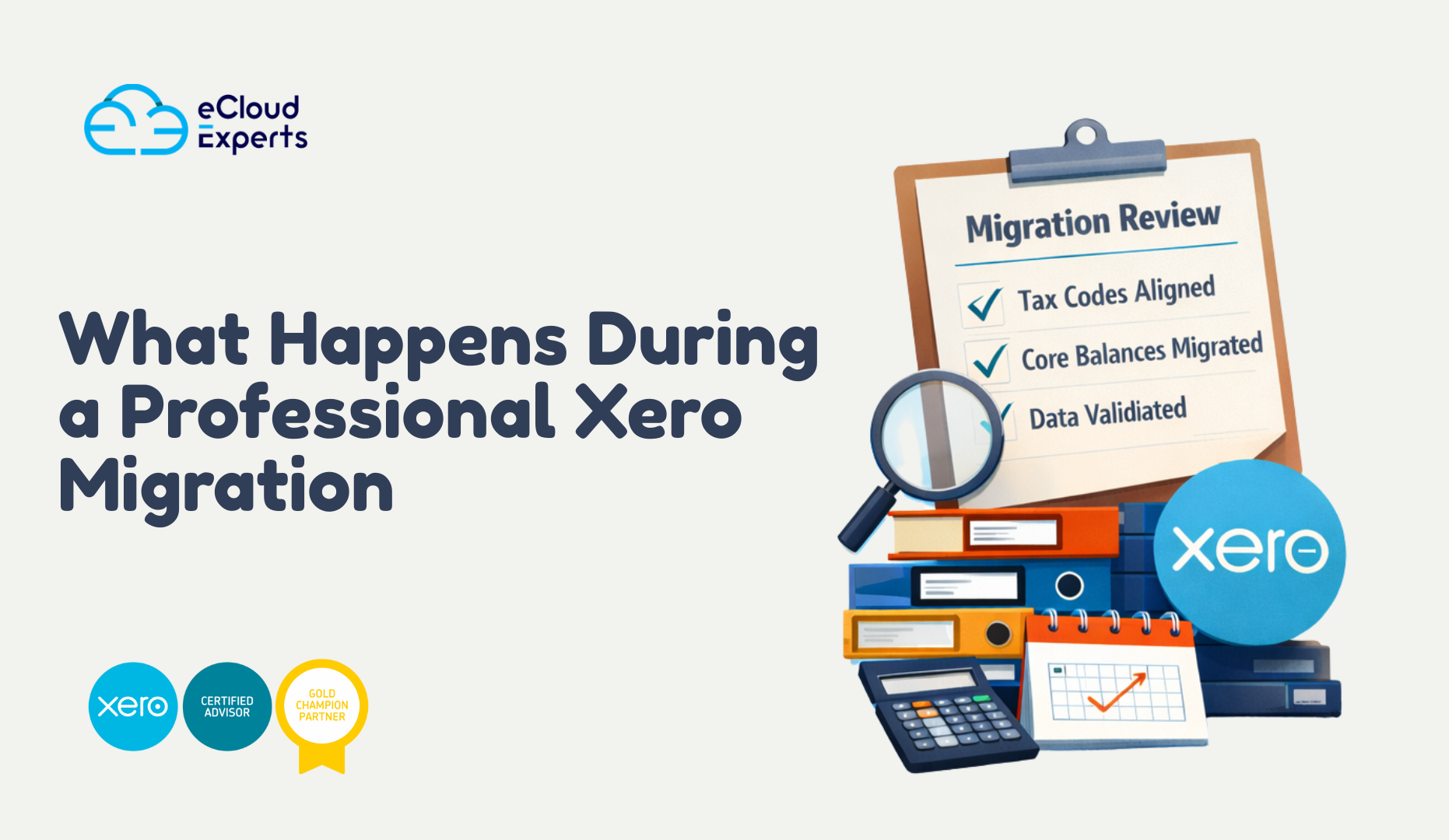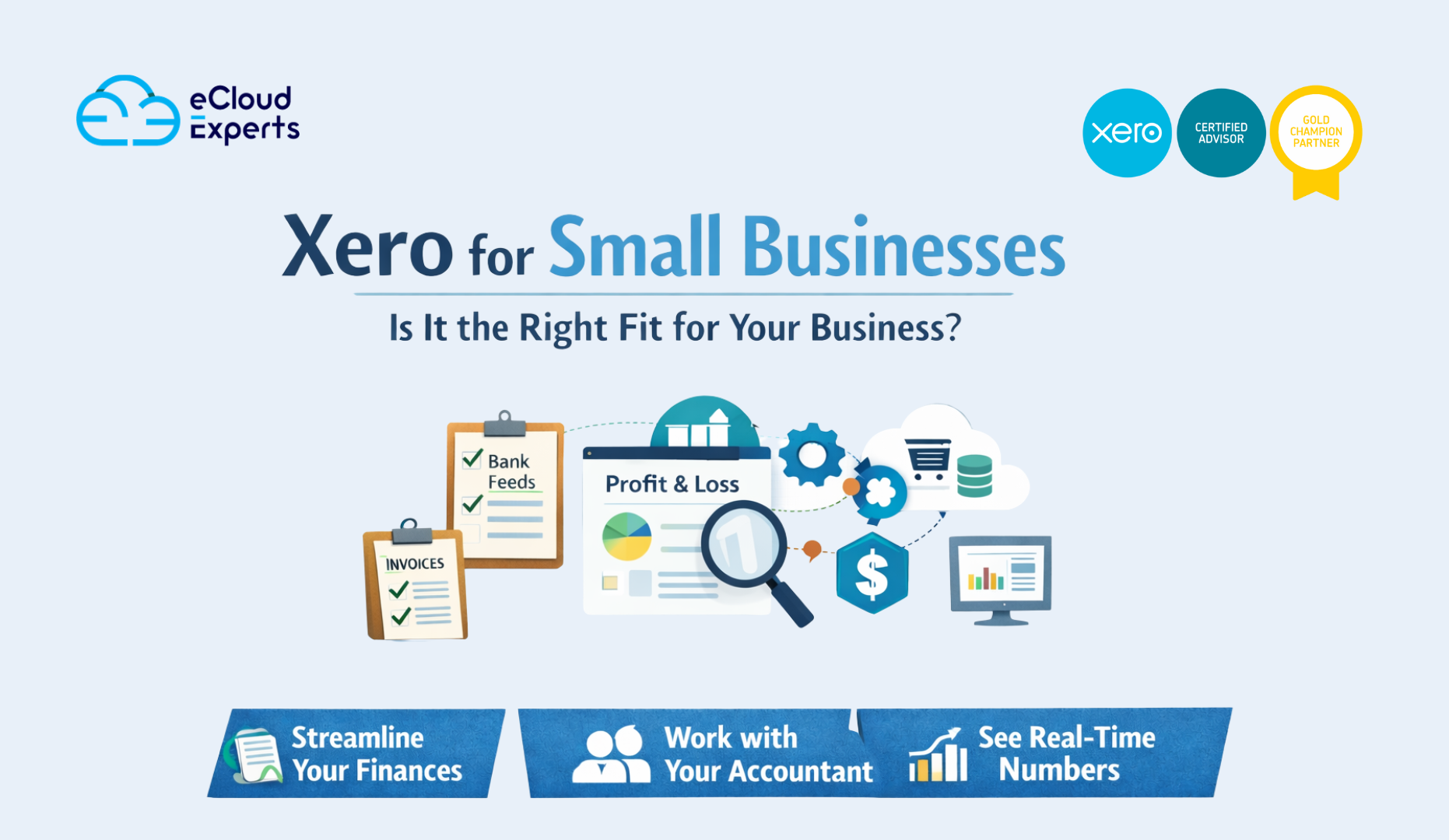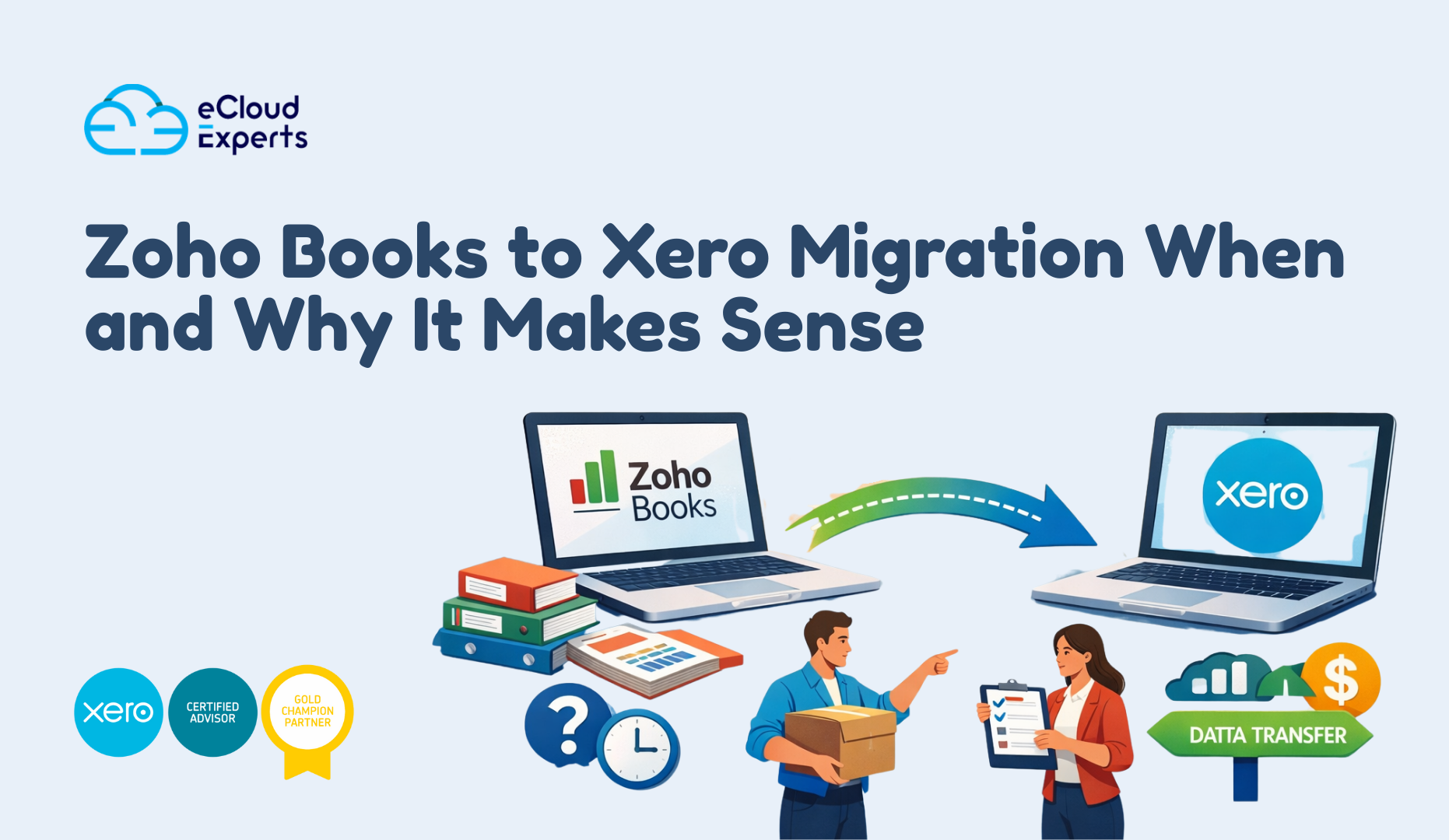Why Synder Integration is Essential for E-commerce Accounting
Managing e-commerce accounting can be complex, especially when handling transactions from multiple sales channels. Synder integration simplifies this process by automating data synchronization between online stores, payment gateways, and accounting software like Xero and QuickBooks Online Online. With Synder, businesses can effortlessly sync online sales with QuickBooks Online, track revenue, and ensure accurate financial records.
E-commerce businesses using platforms like Amazon, Shopify, and PayPal can streamline their bookkeeping with Synder Amazon integration, Synder Shopify integration, and Synder PayPal integration. By automating these tasks, sellers can eliminate manual data entry, reconcile transactions with ease, and improve financial accuracy. As a result, business owners can focus more on scaling their operations instead of spending countless hours managing financial data manually.
Benefits of Using Synder for E-commerce Accounting Automation
Whether you’re an online retailer, dropshipper, or multi-channel seller, leveraging Synder integration provides numerous benefits, including:
1. Automated Bookkeeping for E-commerce
Manually entering transactions from multiple platforms can be time-consuming and error-prone. Synder automates this process by seamlessly integrating sales data from Amazon, Shopify, PayPal, and other platforms into Xero or QuickBooks Online. By eliminating human errors, businesses can maintain accurate financial records while saving valuable time.
2. Sync Online Sales with QuickBooks Online and Xero
With Synder Amazon integration, Synder Shopify integration, and Synder PayPal integration, businesses can automatically import and categorize transactions, reducing the risk of discrepancies and ensuring accurate financial reporting. This feature is essential for e-commerce businesses that experience high sales volumes and need a reliable way to keep track of revenue, fees, and expenses.
3. Reconcile Transactions with Synder
Reconciling e-commerce transactions can be a headache. Synder simplifies this process by automatically matching transactions with bank records, making reconciliation faster and reducing accounting errors. This feature ensures that every transaction is correctly recorded, preventing financial misstatements and allowing for smooth tax preparation.
4. Multi-channel Accounting Solutions
For businesses selling on multiple platforms, Synder offers multi-channel accounting solutions by consolidating sales data from different sources into one unified accounting system. This makes it easier to track profits, expenses, and tax obligations, providing a clear financial overview of the entire business. With Synder, sellers no longer need to switch between different platforms to gather financial data manually.
5. Improved Tax Compliance and Reporting
Accurate tax reporting is crucial for e-commerce businesses. Synder categorizes transactions correctly, making it easier to prepare tax filings and comply with regulations. Whether you are dealing with VAT, GST, or sales tax, Synder ensures that your business remains compliant with tax laws in different regions. By generating accurate reports, businesses can avoid penalties and simplify tax filing processes.
6. Real-time Financial Insights
By integrating Synder with Xero or QuickBooks Online, e-commerce businesses can gain real-time insights into their financial performance. Business owners can track revenue, expenses, profit margins, and cash flow effortlessly. These insights enable better decision-making, allowing businesses to adjust pricing strategies, manage inventory effectively, and plan for future growth.
How to Integrate Synder with Xero and QuickBooks Online
Step 1: Choose the Right Accounting Software
Before setting up Synder integration, you need to decide whether to use Xero or QuickBooks Online. If you’re unsure, consider factors like usability, pricing, and features:
- Xero: Best for small businesses looking for user-friendly cloud accounting. It offers simple invoicing, expense tracking, and reconciliation features.
- QuickBooks Online Online: Ideal for e-commerce sellers needing advanced inventory tracking and tax automation. It provides robust financial reporting and detailed transaction categorization.
Step 2: Connect Synder to Your E-commerce Platforms
To fully automate e-commerce accounting, connect Synder with your sales channels. Supported platforms include Amazon, Shopify, PayPal, Stripe, Square, and other payment processors. By integrating Synder with these platforms, you ensure that sales data flows seamlessly into your accounting system.
Step 3: Sync Online Sales with QuickBooks Online or Xero
Once Synder is connected, transactions will be automatically imported and categorized. This ensures accurate financial records and eliminates the need for manual entry. Business owners can configure Synder settings to match their specific accounting needs, ensuring that all data is mapped correctly to their accounting software.
Step 4: Reconcile Transactions with Synder
Synder matches sales data with bank transactions, allowing you to reconcile accounts effortlessly. This step ensures your books are always accurate and up to date. By using Synder’s auto-categorization feature, businesses can speed up reconciliation and ensure that every transaction is recorded correctly.
Synder vs. A2X: Which One is Better?
Many e-commerce businesses compare Synder vs. A2X when choosing an accounting integration tool. Both offer automation, but there are key differences:
- Synder: Best for real-time transaction syncing, multi-platform integration, and payment gateway automation. It is ideal for businesses that use multiple payment processors and sales channels.
- A2X: Focuses primarily on Amazon and Shopify, offering batch reconciliation but fewer payment integrations. It is a great tool for sellers who exclusively operate on these platforms.
For businesses needing multi-channel accounting solutions, Synder is often the better choice due to its broader compatibility and real-time synchronization features.
Why Choose eCloud Experts for Synder Integration?
At eCloud Experts, we specialize in helping e-commerce businesses streamline their accounting processes. Whether you need assistance with Synder integration, setting up automated bookkeeping for e-commerce, or comparing Synder vs. A2X, our experts provide tailored solutions to meet your specific business needs.
Our Services Include:
- Synder Amazon Integration, Synder Shopify Integration, and Synder PayPal Integration
- Sync Online Sales with QuickBooks Online and Xero for Automated Bookkeeping
- Reconcile Transactions with Synder for Error-Free Accounting
- Multi-channel Accounting Solutions for E-commerce Businesses
- Tax Compliance and Financial Reporting Optimization
- Custom Consultation for Accounting Software Migration and Setup
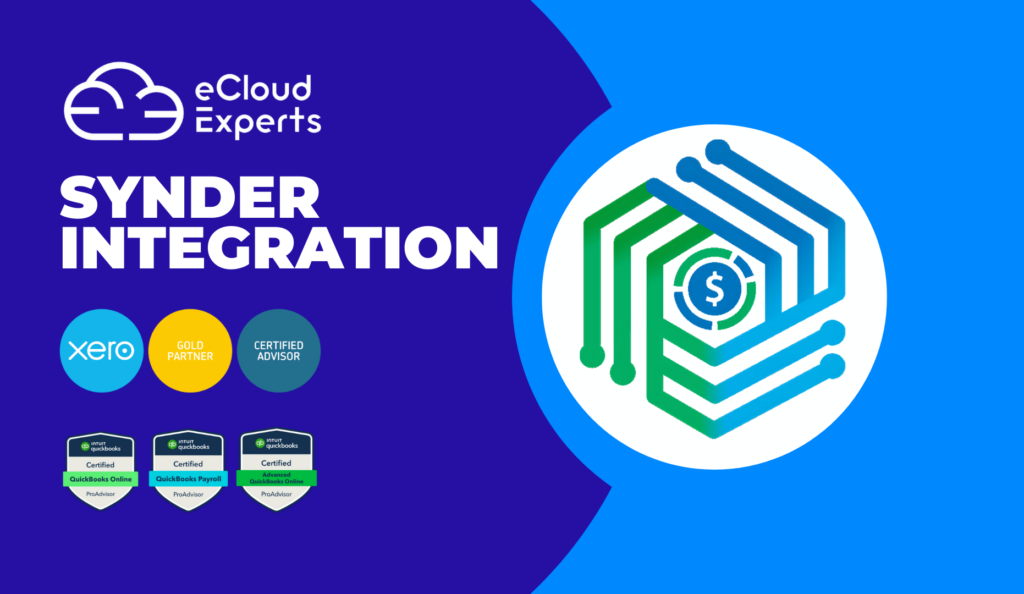
Final Thoughts
Automating your e-commerce accounting with Synder integration can save time, reduce errors, and improve financial accuracy. Whether you’re selling on Amazon, Shopify, PayPal, or multiple platforms, integrating Synder with Xero or QuickBooks Online ensures seamless bookkeeping and efficient transaction reconciliation.
With the increasing complexity of e-commerce accounting, businesses must leverage automation to stay competitive. Synder provides an all-in-one solution that simplifies financial management, enhances tax compliance, and delivers real-time business insights. By integrating Synder with QuickBooks Online or Xero, sellers can focus on growing their business without worrying about manual bookkeeping.
Get Expert Help from eCloud Experts
If you’re looking for expert assistance with Synder integration, contact eCloud Experts today. Our team specializes in migration services and accounting automation to help your business scale effortlessly. Let us take care of your financial processes while you focus on expanding your e-commerce empire!



